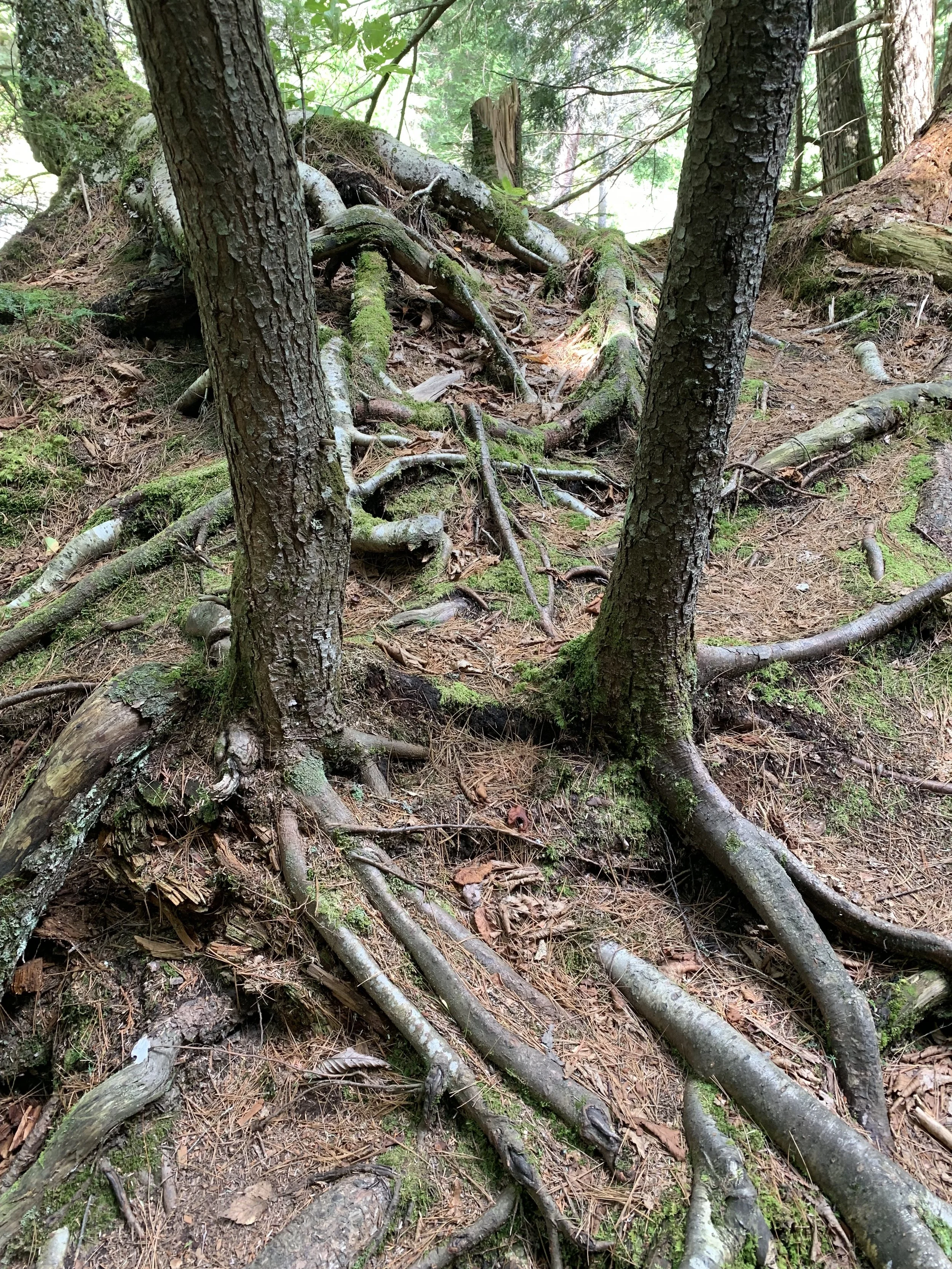How did the Narcissist become this way?
Understanding the twists and turns of human behavior is just part of life's journey. Sometimes, we come across behaviors in others that puzzle us. However, when these traits lean towards the spectrum of narcissism, the challenge becomes notably formidable, especially within the context of past relationships with partners or spouses. Recognizing the presence of narcissistic tendencies in a partner can occur gradually, characterized by patterns of blame, projection, deception, gaslighting, manipulation, etc.
In my journey, these realizations began to unfold in my late 30s, as I started to discern recurring behaviors within my marriage. While the decision to extricate myself from this toxic dynamic was arduous, it ultimately proved to be liberating. Yet, even after severing ties, lingering questions persisted—how does one evolve into becoming a person high on the narcissism spectrum? What are the influences that shape such behavior?
To be transparent, I need to recognize the impact of my upbringing on my journey. Growing up with a father and stepmother who displayed traits characteristic of narcissism, I now see how this familial dynamic likely influenced my relationship choices. It's not surprising, considering I mirrored the role I was parented into—a cycle of being raised by someone entirely self-centered. I was conditioned not to inconvenience or bother them, as doing so would result in repercussions. Love seemed conditional, dependent on meeting their needs while suppressing our own. Expressing our needs to narcissistic parents often led to rejection, shaping our understanding of love and relationships in profound ways. Ultimately, I ended up with a very similar type of relationship with my marriage for over two decades.
I think my quest for understanding has driven, me to delve into the depths of narcissism and how they were made, seeking insights from experts such as renowned psychologist Dr. Ramani. Through her training and expertise, I uncovered the intricate layers of this personality trait, gaining insight into its multifaceted nature and underlying contributors.
At the core of narcissism lie numerous intertwined factors, including temperament, cultural influences, genetics, early upbringing, and environmental dynamics. By unraveling these complexities, we equip ourselves with the understanding and empowerment needed to navigate the journey of healing and personal growth.
Influences on Narcissistic Development
Temperament: Dr. Ramani emphasized the role of temperament in shaping development. Persistent patterns of challenging behavior from ages 8 to 10 can signal long-term difficulties, although not every challenging child becomes a narcissist. Did your ex ever have issues with regulating their emotions?
Cultural factors such as attitudes towards individualism, collectivism, power dynamics, gender roles, and relationships can shape the expression and tolerance of narcissistic traits within a given society. A society such as that wants autonomy like North America vs collectivism such as Japan.
Genetics: While evidence linking genetics to narcissism isn't conclusive, indications suggest genetic factors may predispose individuals to narcissistic traits.
Attachment and Early Environment: Early attachments and upbringing are crucial influencers. Dr. Ramani noted that while no single parenting style causes narcissism, inconsistencies, conditional regard, and childhood trauma can contribute. Different parenting styles may exacerbate existing personality traits.
Other Environmental Influences: The broader environment, like community and social circles, can also shape narcissistic tendencies. Highly competitive settings or intense sports cultures may fuel narcissistic behavior. Parenting styles can lead to narcissism because overly indulgent or permissive parenting may fail to instill a sense of responsibility and accountability in children, while authoritarian or neglectful approaches can result in feelings of insecurity and a need for validation, both of which can contribute to narcissistic behavior.
Trauma plays a significant role in the development of narcissistic traits. Childhood experiences of abuse, neglect, or abandonment can lead to defense mechanisms, including narcissistic traits, as coping mechanisms. Similarly, disruptions in early attachments, such as parental inconsistency or abandonment, can contribute to narcissistic traits, affecting later relationship formation and self-image
Conclusion
Understanding these factors doesn't excuse narcissistic behavior but provides insight into its roots. It's a complex interplay of temperament, genetics, upbringing, and environment.
In essence, understanding the underlying factors of narcissism empowers us to navigate our healing journey with greater clarity. While there are no winners in this intricate web of narcissism, unraveling its complexities offers a path to understanding and empathy
Exciting News: The Just Separated Workbook is Now Available on Amazon Worldwide!
Going through a divorce can be daunting, but finding the right support doesn’t have to be. We’re excited to introduce Just Separated: A Hands-on Workbook for Your Separation & Divorce—a unique, all-in-one workbook designed to guide you through each stage of separation.
This one-of-a-kind resource covers every aspect of divorce, from managing emotional challenges to understanding legal essentials, financial planning, and co-parenting strategies. Packed with interactive workouts, reflective tools, and practical insights, Just Separated is here to help you find clarity, rebuild, and take charge of your future.
Get a free sample and see how Just Separated can be your essential guide through this journey. Available now on Amazon!



